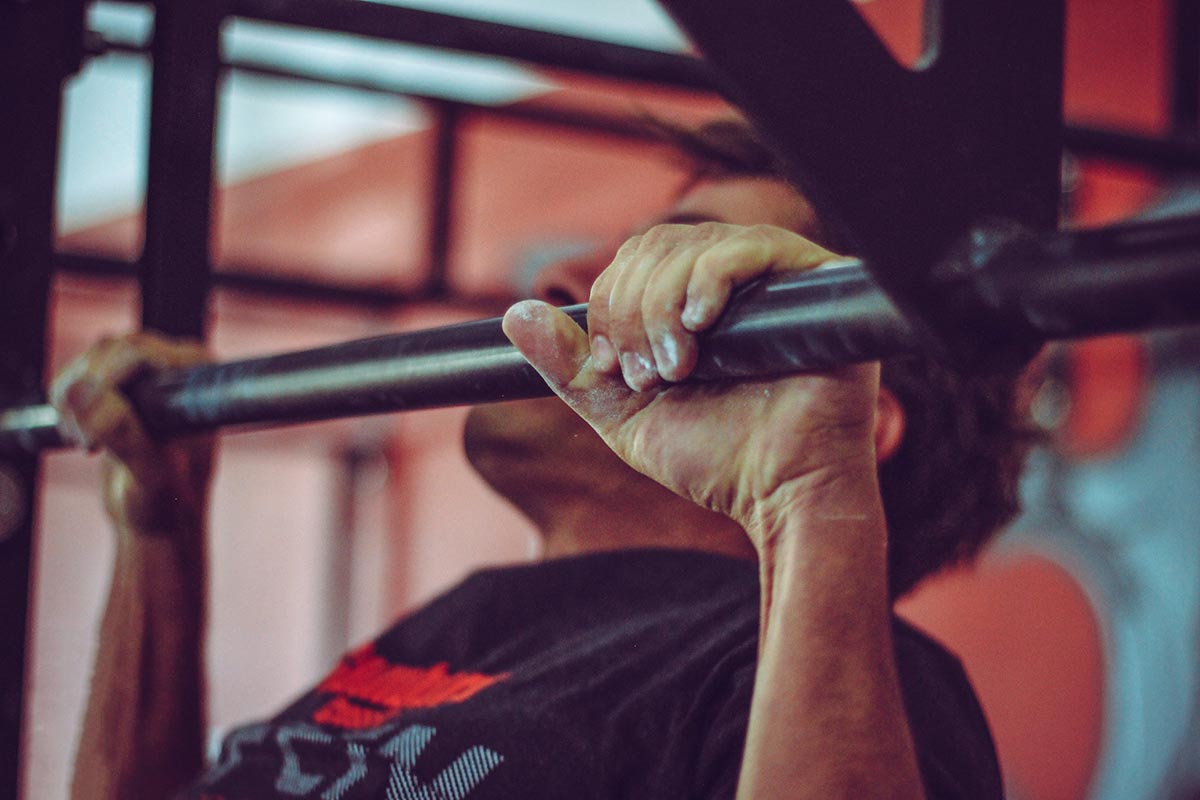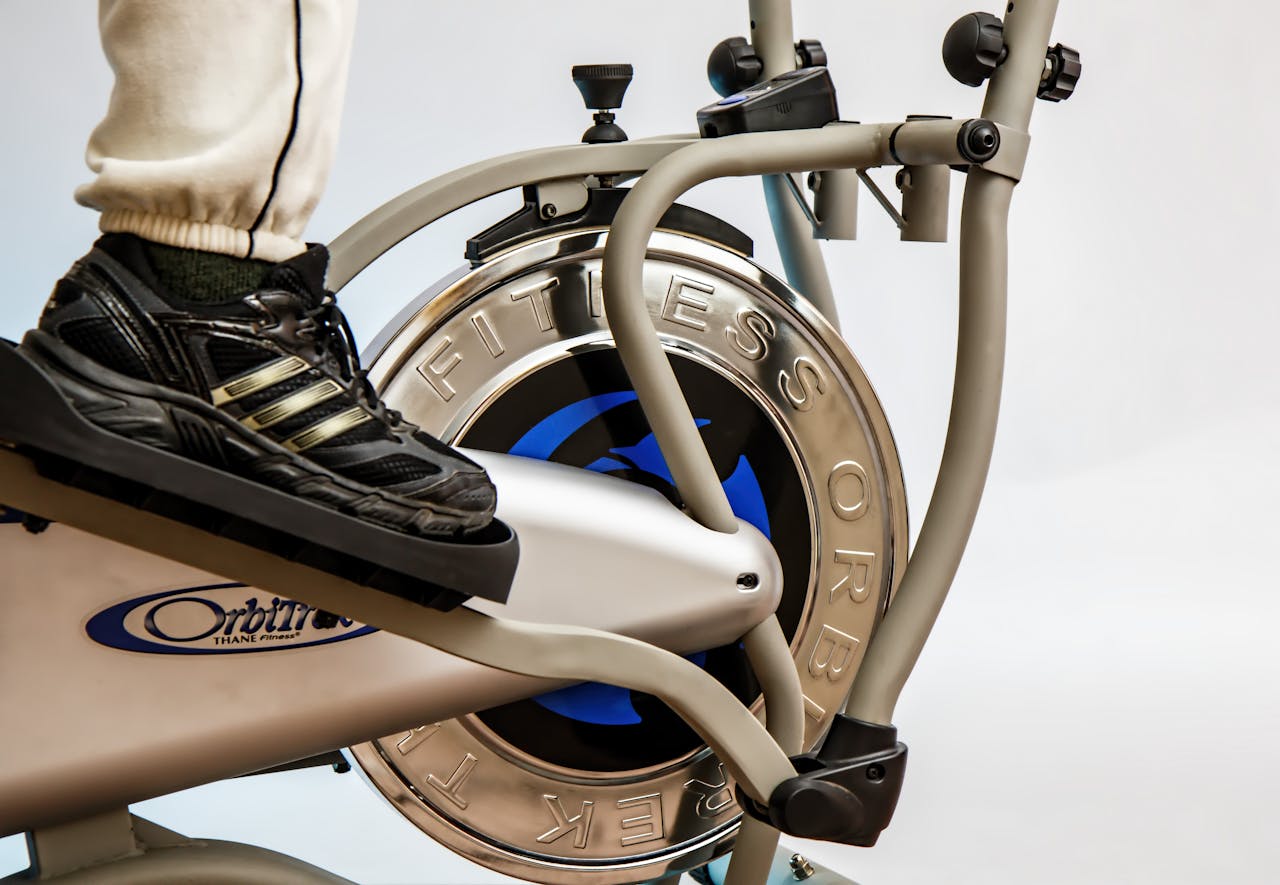Athletes and fitness enthusiasts face unique challenges. The physical strain of rigorous training often leads to nutrient depletion and exhaustion, leaving the body vulnerable to illness and injury. Probiotics, often overlooked in sports nutrition, are emerging as a vital tool for maintaining health, improving performance, and enhancing recovery. Immunologists and nutritionists alike are uncovering the extensive benefits probiotics offer for those with active lifestyles.
What Are Probiotics?
Probiotics are live microorganisms that provide health benefits when consumed in adequate amounts. They are the "good bacteria" that reside in the gut, helping to balance the intestinal microflora. While some bacteria can cause illness, probiotics play a protective role, supporting immune health, aiding digestion, and enhancing nutrient absorption. Found in foods like yogurt, kefir, kimchi, and miso, as well as in supplement form, probiotics are an essential component of a well-rounded diet. For athletes, maintaining a healthy gut microbiome is particularly critical during periods of intense physical activity.
Probiotics and Immune Health
Strenuous exercise can weaken the immune system, making athletes more susceptible to infections and illnesses. The gut serves as the body's first line of defense against harmful pathogens. Probiotics enhance this protective barrier by preventing harmful bacteria from proliferating and maintaining the mucosal lining of the digestive tract. By supporting gut health, probiotics bolster the immune system, reducing the risk of illness and ensuring consistent training schedules.
Digestive Benefits of Probiotics
Athletes often experience gastrointestinal issues such as heartburn, diarrhea, or bloating, particularly after intense workouts. These conditions can interfere with nutrient absorption and overall performance. Probiotics help maintain gastrointestinal health by restoring the balance of gut bacteria. They are effective in treating common issues like antibiotic-associated diarrhea, infectious diarrhea, and even symptoms of irritable bowel syndrome (IBS). By promoting a healthy gut environment, probiotics alleviate digestive discomfort and enhance overall well-being.
Probiotics and Nutrient Absorption
Optimal nutrient absorption is crucial for athletes aiming to build muscle, improve endurance, are great for your weight management. An unhealthy digestive system can impair the body's ability to utilize essential nutrients, including proteins and carbohydrates. Probiotics play a significant role in enhancing nutrient absorption. Studies have shown that probiotics can increase the uptake of leucine, an amino acid critical for muscle protein synthesis, by up to 23%. By improving the efficiency of nutrient utilization, probiotics allow athletes to maximize the benefits of their dietary intake, even reducing the need for large protein supplements that can cause gastrointestinal distress.
Weight Management and Probiotics
The gut microbiome significantly influences weight management. Factors such as diet, stress, and age can disrupt the balance of gut bacteria, leading to increased fat storage and appetite dysregulation. Probiotics help maintain a healthy gut environment, reducing sugar cravings and promoting better utilization of carbohydrates and fats. By restoring the balance of gut bacteria, probiotics support weight management goals, making them an invaluable addition to any fitness regimen.
Probiotics: An Indirect Sports Supplement
Unlike traditional sports supplements that directly enhance muscle growth or energy levels, probiotics work indirectly by improving overall health. They support the body's natural processes, ensuring optimal performance and recovery. Probiotics enhance the body's ability to handle the physical demands of training, improve digestion, and support immune function, making them a cornerstone of comprehensive fitness nutrition.
Probiotics are more than just a trendy addition to health-conscious diets. For athletes and fitness enthusiasts, they offer a range of benefits that support training, recovery, and overall well-being. By incorporating probiotics into your routine, you can enhance nutrient absorption, strengthen your immune system, and achieve your fitness goals with greater efficiency. Whether through probiotic-rich foods or high-quality supplements, prioritizing gut health is a step toward unlocking your full potential.













